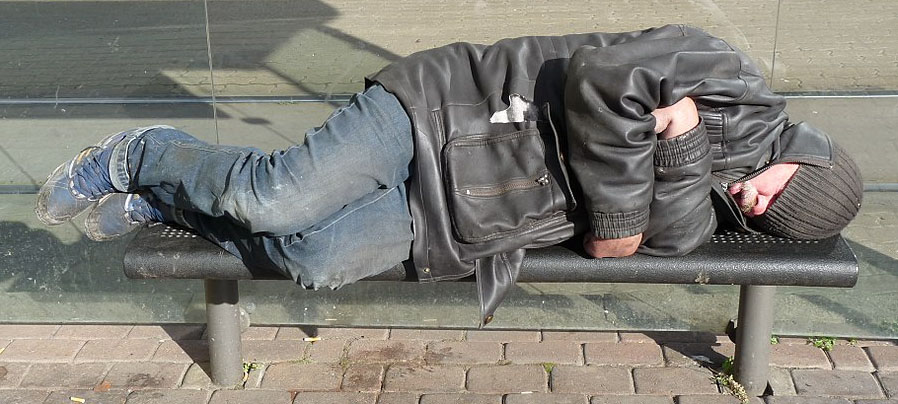Ever wonder where you start when addressing a truly complex problem?
Look no further than Morgantown’s City Council meeting this week for an answer to that question.
After listening to a number of business owners’ concerns, hopefully City Council now recognizes the complexity of homelessness downtown.
These business owners certainly don’t fit anyone’s idea of uptight, judgmental people, either, who stand on the opposite side of the street and curse the “junkies.”
Their concerns are legitimate and we concur the situation is worse than ever — and these concerns go beyond homelessness.
Indeed, many people loitering downtown are not so much homeless as transients by design, who gravitate here because of a concentration of social services and illegal drugs.
Is this problem largely fueled by the drug epidemic? We would argue yes, coupled with mental health issues and more. It’s no secret West Virginia is one of the opioid crisis’ primary victims.
On the other side of the street, we don’t suspect these business owners blame Friendship House or disapprove of its work — perhaps its location, but not its mission.
In all likelihood, Friendship’s staff cannot help but feel somewhat on the defensive. But many would agree, including us, this place does a lot of good and its staff does its best.
Yet, even this facility’s program director admits though they’re doing what they can to stem the flood of addicts and mental health clients, they are woefully understaffed and their resources are very limited.
It’s obvious that a coalition of social service agencies that once engaged the homeless needs to regroup and organize a response to the current problems.
And before we get the idea law enforcement can solve this problem alone or otherwise, it cannot. Nor should anyone attempt to criminalize addiction.
However, we do support a more visible police presence downtown. Perhaps two officers on patrol there. Those officers should also be trained to deal with the behavior causing these concerns, beyond simply asking people to disperse.
Our city also looks to be ill-equipped to tackle its responsibility here, both to the business community and the at-risk, substance-abuse community and those who work in recovery. That needs to change.
Some would argue for breaking this problem down into smaller, more manageable pieces before tackling it. Others would insist we need to consider the problem as a whole.
There seems to be little general agreement at the moment on how to solve this problem downtown.
Many have something to say about this complex problem, from every angle, some cause for disagreement.
But one thing the Friendship House’s program director said we need to all agree on, “This is an issue for all of us.”




